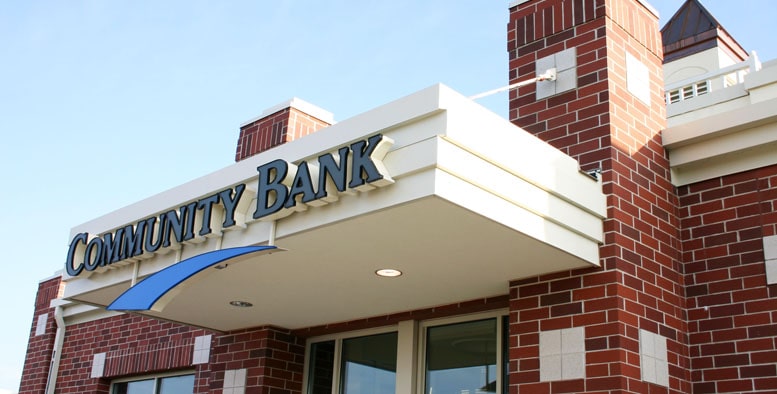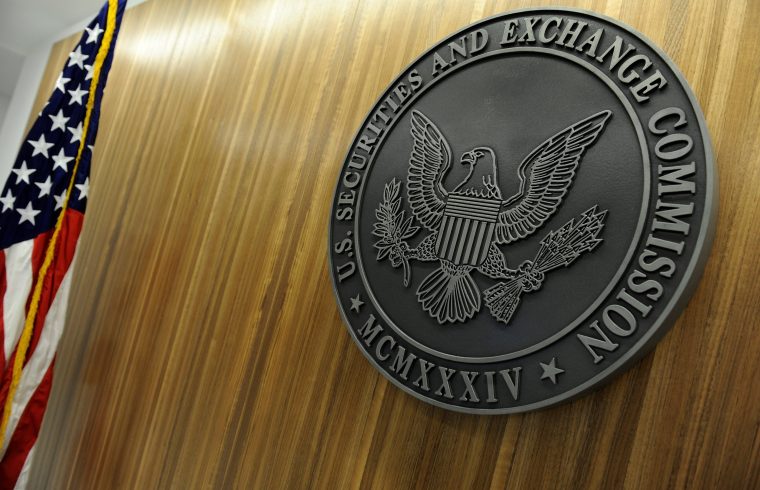 The announcement came from each of the five regulatory bodies with oversight over the rule: The Securities and Exchange Commission (SEC), the Federal Deposit Insurance Corporation (FDIC), the Commodities Futures Trading Commission (CFTC), the Federal Reserve, and the Office of the Comptroller of Currency (OCC).
The announcement came from each of the five regulatory bodies with oversight over the rule: The Securities and Exchange Commission (SEC), the Federal Deposit Insurance Corporation (FDIC), the Commodities Futures Trading Commission (CFTC), the Federal Reserve, and the Office of the Comptroller of Currency (OCC).
The Volcker rule forbids banks from proprietary trading or trading in their own account.
Here is part of a joint press release.
“Five federal financial regulatory agencies announced on Tuesday that they adopted a final rule to exclude community banks from the Volcker Rule, consistent with the Economic Growth, Regulatory Relief, and Consumer Protection Act.”
“The Volcker Rule generally restricts banking entities from engaging in proprietary trading and from owning, sponsoring, or having certain relationships with hedge funds or private equity funds. Under the final rule, which is unchanged from the proposal, community banks with $10 billion or less in total consolidated assets and total trading assets and liabilities of 5 percent or less of total consolidated assets are excluded from the Volcker Rule.
“The final rule also permits a hedge fund or private equity fund, under certain circumstances, to share the same name or a variation of the same name with an investment adviser as long as the adviser is not an insured depository institution, a company that controls an insured depository institution, or a bank holding company.”
The Volcker rule is named after Paul Volcker, the former head of the Federal Reserve.
The rule came into effect as part of Dodd/Frank and was fully implemented in 2015.
After the stock market crash of 1929, Congress implemented the Glass/Steagall Act which forbade banks which accept deposits from engaging in investment banking activities.
In 1999, Congress passed the Gramm-Leach-Bliley Act which repealed Glass/Steagall.
The Gramm bill was blamed by many for being a cause of the 2008 financial crash.
Here is part of US News and World Report editorial.
“In fact, the financial crisis might not have happened at all but for the 1999 repeal of the Glass-Steagall law that separated commercial and investment banking for seven decades. If there is any hope of avoiding another meltdown, it’s critical to understand why Glass-Steagall repeal helped to cause the crisis. Without a return to something like Glass-Steagall, another greater catastrophe is just a matter of time.”
It continues, “It is true that the financial crisis has enough blame to go around. Borrowers were reckless, brokers were greedy, rating agencies were negligent, customers were naïve, and government encouraged the fiasco with unrealistic housing goals and unlimited lines of credit at Fannie Mae and Freddie Mac.
“Yet, the fact that there were so many parties to blame should not be used to deflect blame from the most responsible parties of all—the big banks. Without the banks providing financing to the mortgage brokers and Wall Street while underwriting their own issues of toxic securities, the entire pyramid scheme would never have got off the ground.”
The Volcker rule was meant to guard against the recklessness which led up to the 2008 crisis.
It has been criticized- particularly by Republicans- since, with many arguing the rules implementation has been cumbersome.
One criticism is that it unfairly applied to community banks, which do little trading and their failure would not cause systemic risk.
This new implementation is meant to address that criticism.









